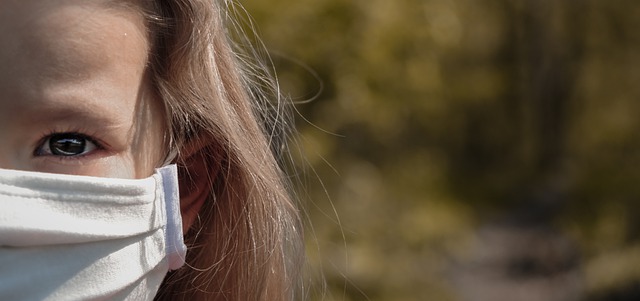For the last two years, our cold and flu season has been affected by the ongoing pandemic. Most COVID-19 infections cause symptoms shared with several upper respiratory viral infections, like fever, muscle stiffness and aches, body chills, and fatigue. Monkeypox is a rare but serious disease. It often produces painful rashes or lesions on the skin. But it can also cause respiratory symptoms that look like a cold, the flu, or other viral infections. As a result, monkeypox is the latest infectious disease to emerge and complicate our cold and flu season.
Several factors make monkeypox a credible threat to our global health and cold and flu seasons. (We gave three reasons why health experts are taking monkeypox seriously). Here are our thoughts on how monkeypox infections could affect and complicate this year’s cold and flu season.
It spreads easily.
Perhaps what’s most important to consider is its rate of transmission. Monkeypox is a re-emerging disease, and experts are still learning about it. One recent discovery is there’s human-to-human spread. Experts initially saw cases associated with specific direct human-to-human contact. But now we’re learning that, like other viral infections, monkeypox can spread through direct contact with an infected person or object.
There aren’t many vaccines.
Since 1980, there has been a limited supply of available monkeypox vaccines. That’s because, at one time, smallpox vaccines effectively prevented most monkeypox infections. We eliminated smallpox in 1980, and since then, we haven’t been many vaccines created to use for monkeypox.
Viruses mutate.
There’s still a lot about monkeypox that’s unknown. But what we do know about viruses is that they mutate over time. And these mutations cause different variants. Sometimes, these variants are resistant to vaccines. Without proper defense, these viruses can continue to thrive, and this can cause an increase in transmission and infection.
The last cold and flu season was pretty mild, thanks to widespread vaccination efforts for COVID-19 and the flu. But we’ve seen fewer vaccines in preparation for this cold and flu season. And viruses mutate, and vaccines can become less effective. There are also a limited number of smallpox vaccines available for monkeypox vaccines. Together, these things could mean a more complicated cold and flu season.
That’s why you need to prepare now. There is still time to get vaccinated (if that’s your preference). Take precautions to reduce the spread of infection by washing your hands regularly, covering your coughs and sneezes, and limiting contact with infected sources. The Huddy App makes it easy for you to regularly monitor your symptoms to catch any new or worsening symptoms.

